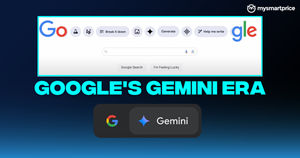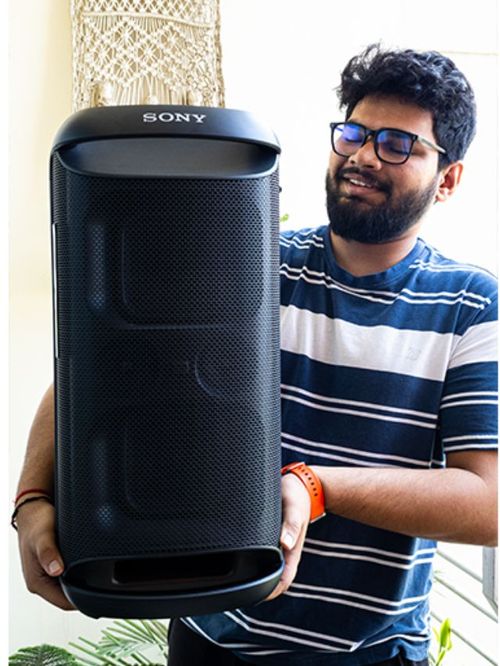
The Google Assistant will soon be able to respond to commands without needing to be activated by the ‘OK Google’ hotword first. According to 9to5Google, which did an APK teardown of an upcoming update to the Google Assistant, the AI voice assistant is set to get a new feature called Quick Phrases. The latter is tipped to make the Assistant experience truly handsfree, where users will no longer be required to use the ‘OK Google’ phrase in order to use its service.
To do this, Google will assign ‘salsas’, which will apparently be phrases that denote specific but general, everyday tasks. These tasks will be spread across nine categories, which include Alarms, Connect, General info, Lights, Media controls, Timers, To-dos and a standalone Recommended tab. Each category is fairly self explanatory, but not all will be enabled by default, once the update rolls out officially for Assistant. Once the feature is live, users will apparently be able to pick and choose which categories and voice commands would they want the Google Assistant to be actively listening for.
The rationale is most likely that users can choose to activate auto-listen for only the most used everyday tasks, and can keep the rest disabled. With these new salsas enabled, a user can, for instance, directly ask the Assistant to set an alarm, turn down smart home lights or play a song, without needing to say ‘OK Google’ first. Such a usage experience would make living with the Google Assistant more seamless than what it is now, and fit Google’s smart home experience within users’ conversational lifestyles.
However, privacy related questions are bound to be raised about this. While Google understandably stands to gain by making the Assistant even more seamless than before, this also means that users will be required to let it listen in on its surroundings at all times. Many have already expressed concerns around how voice assistants continuously listen and record sensitive bits of private audio. With such a new feature at hand, such risks would only increase going forward. It is perhaps because of this that Google isn’t auto-enabling all of its ‘salsas’, and leaving the choice down to the user to do so.











